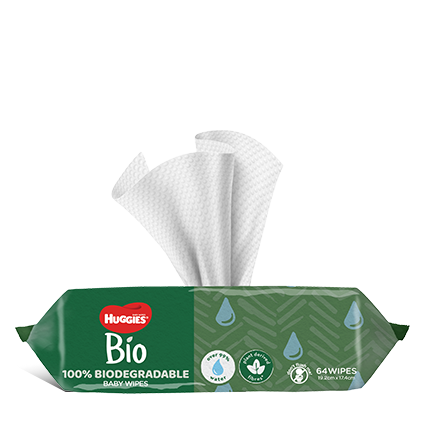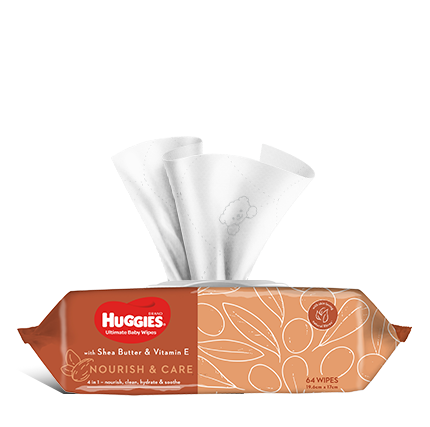Chocolate – the next superfood?
Did you give a gleeful jump the day researchers announced that chocolate has health benefits? Even with this good news, did a nibble of your favourite chocolate still leave you feeling a little guilty? And if chocolate is good for you, then how much is enough? And what about the kids? How much can they have? Let’s take a closer look at that wonderful feel-good food, chocolate.
Do you want the good news or bad news first?
Yes, like most things in nutrition there is an upside and a downside. You guessed it; moderation is the key. So let’s take a look at both sides of the story so you can make up your own mind, regardless of what the marketing hype might say.
What is chocolate?
The main compound comes from cocoa beans (you may also see it as cacao). The beans are dried, roasted, hulled and then ground. Raw cocoa can be made into cocoa solids, which is your cocoa powder you buy in the supermarket; or cocoa butter (an edible vegetable fat used not only in food production but also in moisturisers and more). Cocoa solids contain very little fat.
Pure chocolate generally has a mixture of solids and butter. The ratio of the two will influence the level of fat in the final product (along with any other added ingredients). Milk chocolate also contains sugar and milk, giving rise to a lighter coloured, less bitter-tasting chocolate.
Dark chocolate is a mixture of cocoa solids (ideally around 70%), with added sugar and other fats. The exact mix is often a well-guarded secret, and aims to achieve that subtle balance between bitter and sweet. Notably, there is an absence of dairy products in dark chocolate.
What’s white chocolate?
Simple, it’s a set of ingredients similar to brown chocolate; only instead of cocoa solids it contains cocoa butter, or other vegetable fat to give it that ‘melt in the mouth’ texture.
What goes into chocolate?
The exact contents of any chocolate product will depend on the recipe, but generally most will contain nutrients such as carbohydrates (particularly simple ones); generous helpings of fat; minerals such as calcium, magnesium, copper, iron and zinc; and some will contain vitamins such as vitamin E.
Of particular interest are the naturally occurring compounds in cocoa, such as theobromine and flavanoids.
Nutritional view of chocolate
Looking at Figure 1, we can see that 100g of milk chocolate has:
- 43% carbs, of which 97% of those are simple sugars, likely to be sucrose (table sugar)
- 51% fat, and of that 62% of the fats are saturated
- Just over 500 calories (for a woman of about 60kg that’s likely to be more than 20% of her total calories required for the day)
- Very little protein
Figure 1. Average chocolate caloric values
| Grams per 100g |
Calories |
Percentage |
|
|---|---|---|---|
| Carbohydrates |
57 | 228 |
43% |
| Total sugars |
55.5 | 222 | 97% of Carbs |
| Protein | 8.2 | 32.8 | 0.6% |
| Total fat |
29.7 | 267.3 | 51% |
| Saturated fat |
18.7 | 168.3 | 62% of Fat |
| TOTAL |
528 | 100% |
Remember, it is sucrose that is one of the most likely suspects in tooth decay, causing a nice pH level for oral bacteria to go to work on vulnerable little teeth.
Cocoa is the good stuff
Cocoa solids are where most of the plant compounds are found. It is thought that more than 500 plant compounds exist in cocoa beans, many of which are believed to have an antioxidant effect.
So what does the science say?
Let’s just consider a few important points before we go over the research findings.
- The health benefits gained from eating chocolate will vary from one person to another, depending on many individual factors.
- Just how much cocoa is in any chocolate product (after production) can influence the benefits you may get.
- Which brings us to the point that when you eat chocolate you aren’t just eating it in isolation; it can have all sorts of other things added to it.
- Always keep in mind who is conducting the research. Manufacturers will obviously be keen to support research in this area, not just for consumer health.
- Some of the studies are based on cocoa (as in the drink) and not chocolate.
- While yes, there is research showing a number of health benefits, there is also variability in the results of these studies, so the evidence isn’t overly strong to date.
One area that cocoa is reputed to exert a positive effect is on cardiovascular disease. A review of the evidence from 136 studies suggests that the flavonoids found in cocoa may reduce the risk of coronary heart disease and stroke. It seems that by lowering blood pressure (mostly in those who already had elevated blood pressure), inflammation, platelet stickiness, and increasing good cholesterol while lowering bad cholesterol, cocoa can lower the risk of cardiovascular problems.
Additionally, there is a theory that the stearic oil in chocolate (which represents about half of the fat) seems to mitigate the effect of the saturated fat (palmitic acid), and hence gives a more cholesterol-neutral result, meaning that it doesn’t affect cholesterol levels.
Fact or fiction?
Chocolate contains caffeine
Fiction! While chocolate can have a stimulating effect, like caffeine-containing beverages, in fact it doesn’t contain caffeine. The active constituent in cocoa is methylxanthine theobromine – let’s just call it MT for short (phew!). MT has similar effects on our nervous system to caffeine, and while cocoa contains only small amounts of MT, it still has the potential to create a state of alertness, which is another reason you should use caution when offering it to young children.
Chocolate makes you feel good
You may have heard people say that chocolate is a happy food. It was thought that the phenethylamine in chocolate balanced neurotransmitters in the brain to do with mood. However, phenethylamine in chocolate is quite quickly broken down and doesn’t appear to affect mood in any significant way.
It is more likely is that the combination of ingredients (sugar and fat) and the perception of chocolate as an indulgence food creates a feeling of enjoyment (for you and the marketing departments of confectionary companies).
Chocolate causes skin eruptions, headaches and other complaints
To date the research is not supportive of chocolate’s role in such complaints, but if you find that chocolate sparks off pimples or other complaints, then go with your gut feeling – you certainly won’t be missing out on any nutrition.
What if you prefer milk chocolate?
Can I eat three times as much to get the same amount of cocoa-related benefits? Ha! If only! Not only is this going to increase your total calories, but there is some evidence to suggest that the milk proteins prevent the absorption of the flavonoids. However, the jury is still out on this.
Logically though, you will get more benefits per calorie by eating dark chocolate.
The verdict
So, yes it is true that you may well get some healthy plant compounds from chocolate, but that certainly shouldn’t be the reason for eating it. You will get far more from eating vegetables and fruit and without the sugar and fat. Enjoy a little chocolate – it’s all about balance.
If you really want the benefits from cocoa, try a cup of cocoa, you are likely to get more catechin (a plant antioxidant) from this than from a cup of tea.
As for the children, delay the horse bolting for as long as you can; likely it will be the commencement of parties that will open the gate. Once chocolate hits the menu, temper it with common sense. A little bit is likely to be fine, but think about the timing and the quantity.
This information has been provided by Leanne Cooper from Cadence Institute of Nutrition & Health Coaching. Leanne is a qualified nutritionist and mother of two very active boys.
For more information see Kid’s nutrition or Baby Care
Last Published* May, 2024
*Please note that the published date may not be the same as the date that the content was created and that information above may have changed since.




















